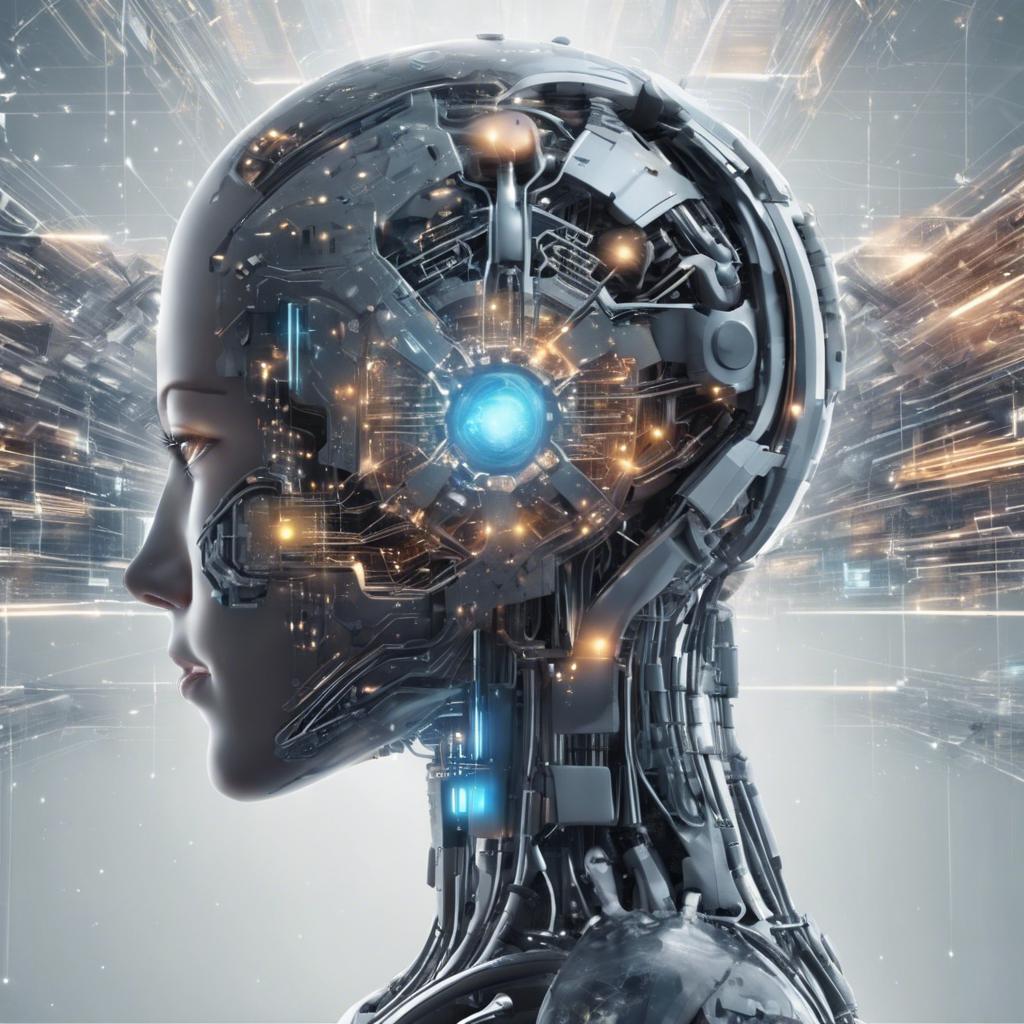The Impact of AI on the Chemical Industry
Artificial Intelligence is revolutionizing the chemical industry by optimizing processes, reducing waste, and enhancing innovation. This integration is shaping a future where efficiency and discovery lead the charge. Machine learning algorithms are being employed to predict molecular behavior, thus accelerating product development and minimizing costly trial-and-error methods. AI-driven analytics enable companies to monitor equipment health in real-time, enhancing preventive maintenance and reducing downtime. Furthermore, the ability of AI to analyze vast datasets facilitates the identification of new chemical compounds and reaction pathways, leading to breakthrough innovations in materials science and pharmaceuticals. As the industry continues to embrace these technologies, the potential for sustainable practices, improved safety processes, and smarter resource management becomes increasingly attainable, positioning AI as a cornerstone of modern chemistry.

Advantages of AI Implementation
Implementing AI in chemical processes offers several benefits including heightened precision, cost savings, and enhanced safety measures. AI technologies can process vast amounts of data quickly, allowing for more informed decision-making and optimized operations. Additionally, AI can identify patterns and anomalies that human analysis might overlook, leading to improved quality control. Automation of routine tasks frees up human resources for more strategic roles, boosting productivity. Furthermore, AI can predict equipment failures before they occur, reducing downtime and maintenance costs. Ultimately, integrating AI leads to greater efficiency, innovation, and competitive advantage in today's fast-paced market environment.

AI Innovations in Practice



Artificial Intelligence has transformed various industries, leading to innovative solutions that enhance productivity and efficiency. In healthcare, AI algorithms analyze medical data for early disease detection and personalized treatment plans. Retail businesses leverage AI for inventory management, predicting trends, and offering tailored shopping experiences. Furthermore, AI-powered chatbots are revolutionizing customer service by providing quick and accurate responses. In manufacturing, AI optimizes supply chains through predictive analytics and real-time monitoring. Education has also seen AI innovations with personalized learning platforms that adapt to students' needs, enhancing engagement. These practical applications demonstrate AI's potential to innovate and improve operations across multiple sectors, driving economic growth and enhancing user experiences.
AI Integral Components
- Predictive Analytics
- Process Automation
- Data-driven Decision Making
- Safety and Monitoring Systems
AI's integral components form the backbone of advanced technologies, enhancing efficiency and accuracy across various industries. Predictive analytics utilizes historical data and machine learning algorithms to forecast future trends, helping businesses make informed decisions. Process automation streamlines repetitive tasks, improving operational efficiency and allowing human resources to focus on strategic initiatives. Data-driven decision-making leverages insights gained from extensive datasets, enabling organizations to identify patterns and optimize strategies. Additionally, safety and monitoring systems harness AI to continuously assess conditions and alert relevant stakeholders to potential risks, ensuring safety and compliance. Together, these components create a comprehensive framework that drives innovation and competitiveness in a rapidly evolving landscape.
